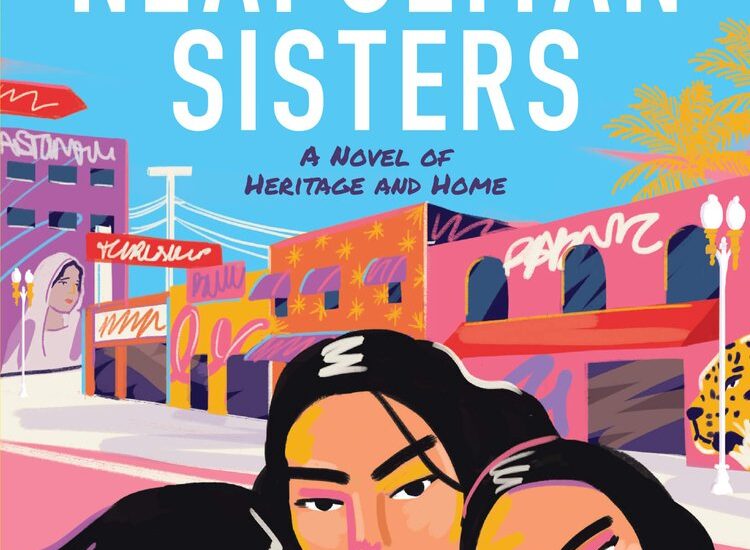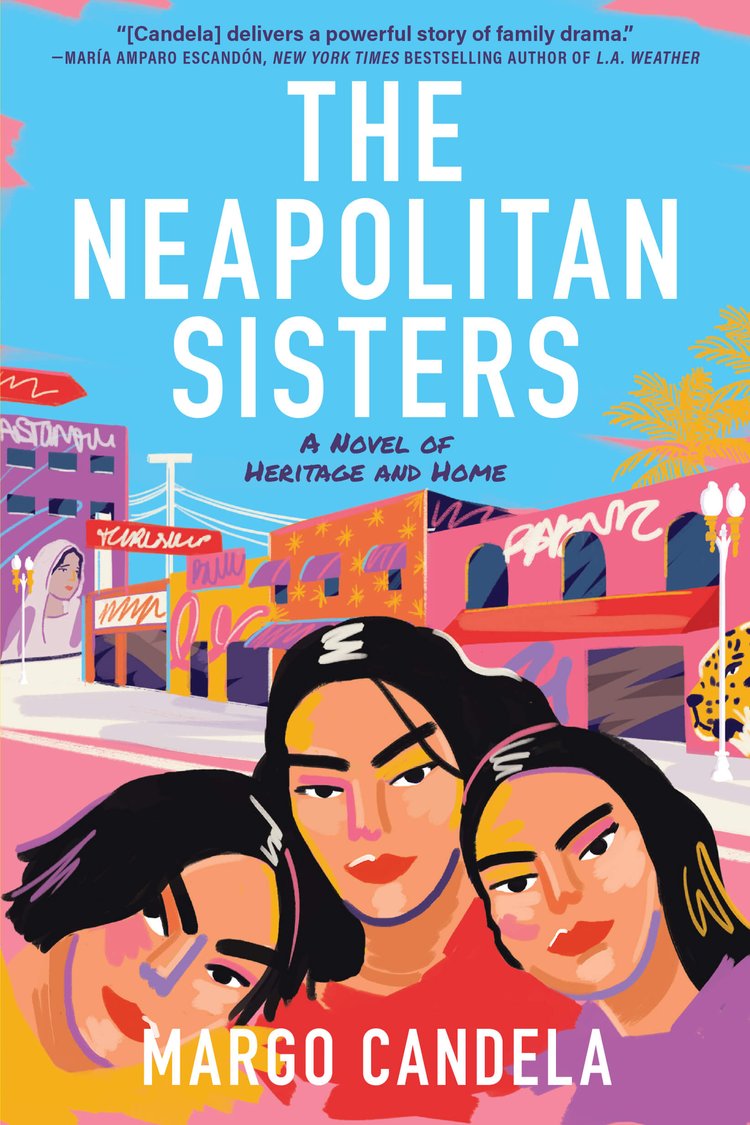The Neapolitan Sisters By Margo Candela: A Review By: Paloma Lenz


In her fifth novel, Margo Candela gives us a glimpse into the inner lives of three Latina sisters on three different paths.
The youngest sister, Maritza, is getting married again, to her family’s utter confusion. But for Maritza, everything will be perfect this time. Or, at least, she needs it to be. She doesn’t need her fiance Augustino’s meddling mother and sisters to interfere with her dream wedding.
Claudia is the fixer, the mediator, and the one who is always prepared. She’s a Princeton grad that worked her way up the movie industry ladder and won’t compromise herself and risk losing the respect she’s earned. Not even for Ethan Jacobs, a Hollywood heartthrob who professes his love for her.
Dulcina has survived alcohol, drugs, and rehab, thanks to Claudia’s help. Dooley, as she’s known to her sisters, is a nomad. She’s not tied down to any place or person, and she leaves when it’s time to go.
Candela’s inner dialogue for each of the Bernal sisters is rich with humor, sarcasm, self-deprecation, and stunning detail. But, while on the surface, the novel might come across as a feel-good story about adult sisters reuniting to celebrate each other, it explores how different people react and cope with a shared trauma.
Candela tells a story within a story as each woman’s life unfolds in alternating chapters. Each one slowly reveals quirks, coping mechanisms, and flashbacks to something lurking far below the surface. The alternating perspectives and hints of past trauma transitioned the story from its quirky opening chapter — with a chirpy, self-centered Maritza obsessing about getting her mother’s approval of her wearing a white wedding dress — to a family drama that reveals a family fractured by abuse and repressed traumas.
Despite the weight of these experiences on their psyches, the women defy stereotypes. Maritza, though she comes off as an airhead, is good with money and taught herself how to invest, and has built a small fortune for herself, despite still living at home with their parents. Claudia is a powerhouse producer, one of few Latinas who’ve made it this far, who has made a name for herself despite the men who ogle her at every turn, and the women who write off her success as a result of her sexual prowess. Dooley is a bisexual woman who owns her sexuality and knows how to use it all on her terms.
Some people have the unfortunate ability to pinpoint a moment in their life where their former selves split off into the person they grew up to be, and such is the case for the Bernal sisters. Though their parents are still alive, their marriage is little more than an obligation. Returning home, for the sisters, means facing an unreachable mother and a father who is simply going through the motions, one Budweiser at a time.
Ultimately, the sisters come together for Maritza’s wedding but confront reader expectations compared to the book’s opening. There’s a sense of optimism by the end of the wedding celebration. The hope is that the sisters will hold their heads up a little higher and puff their chests out a litter further as the weight of their past falls at their feet.



